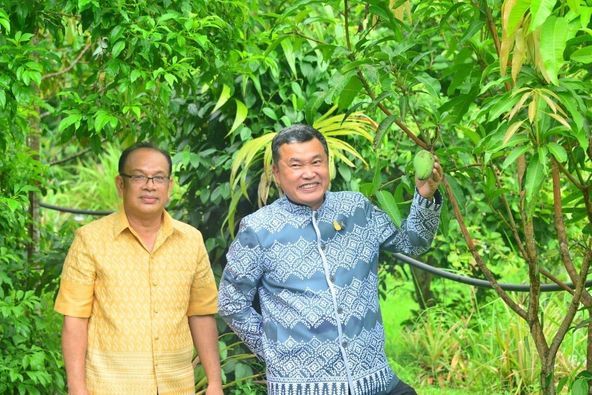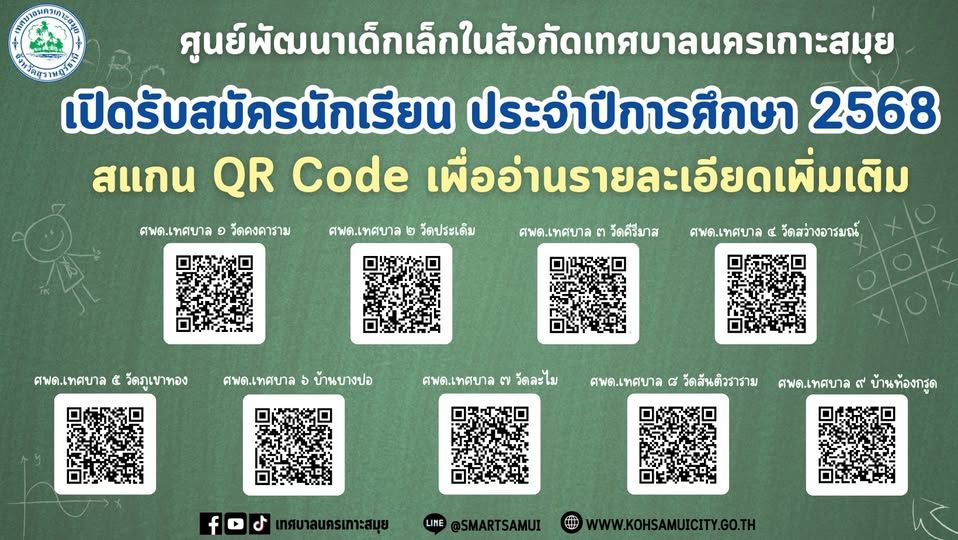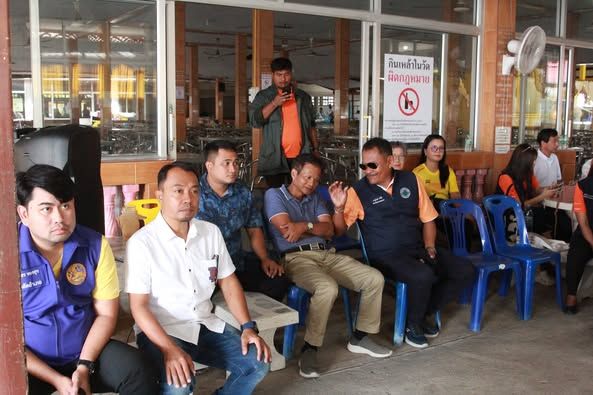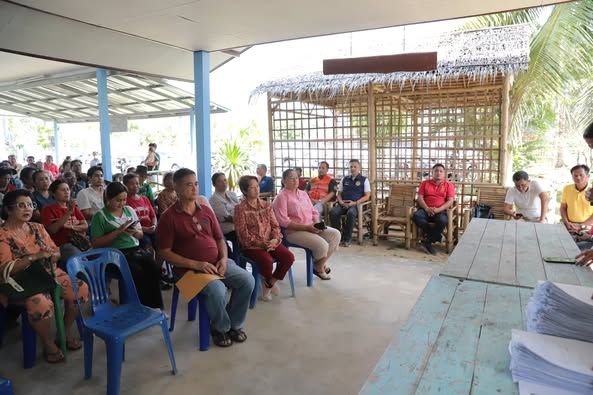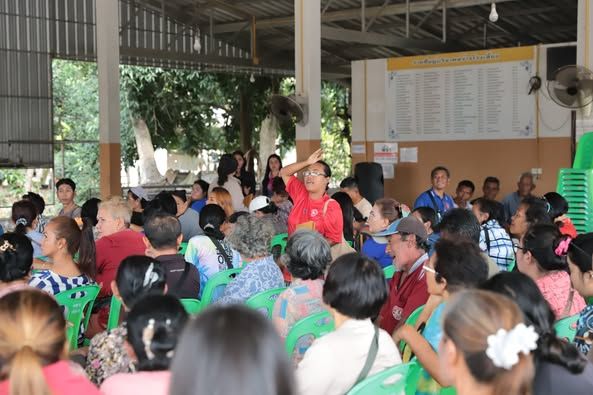“Growing your own vegetables is key to sustainability! The Ministry of Interior is taking strides towards achieving the SDGs through projects like “This House Has Love, Grow Your Own Vegetables”. Let’s work towards self-reliance, generate income, reduce costs, decrease inequality and establish sustainability for individuals and families. #sustainability #SDGs #foodsecurity #selfreliance #growyourownfood #sustainableliving”
Food is the cornerstone of life, and growing your own vegetables is key to fostering stability and sustainability. Incorporating self-sustenance into our daily lives can have profound effects on communities and the environment as a whole.
The Ministry of Interior and Sustainable Development Goals
The Ministry of Interior is taking significant strides towards achieving the United Nations’ 17 Sustainable Development Goals (SDGs) by 2030. Guided by Her Royal Highness Princess Maha Chakri Sirindhorn, the ministry has initiated projects designed to encourage people from all walks of life to create a more sustainable future.
“This House Has Love, Grow Your Own Vegetables” and “This Path Has Fruit, People Love Each Other”
These projects aim to inspire individuals of all genders and ages to engage in planting, nurturing, and harvesting their own produce. By doing so, they contribute to establishing food security in a sustainable manner. Additionally, these initiatives foster love and unity within the working society, extending to households, communities, and society at large.
By promoting self-reliance and adhering to the philosophy of a sufficiency economy, people can generate income, reduce costs, and improve their overall quality of life. This approach helps to decrease inequality and establish sustainable self-reliance for individuals and families.
Aligning with the United Nations’ SDGs
The Ministry of Interior’s efforts are in line with the economic (Prosperity) dimension of the SDGs, which encompasses Affordable and Clean Energy (SDG7), Decent Work and Economic Growth (SDG8), Industry, Infrastructure, and Innovation (SDG9), Reduced Inequalities (SDG10), and Sustainable Cities and Communities (SDG11).
Simple Practices for Sustainable Development
Achieving the SDGs is a collective effort, and everyone can contribute by adopting the following practices:
- Plant vegetables in your home garden according to your consumption. If there’s excess, share with others or generate income for your family.
- Use food scraps as compost, providing essential nutrients for the soil and reducing carbon emissions, which contribute to global warming.
- Purchase and serve just enough food to avoid leftovers and waste.
The Road Ahead: Achieving the SDGs by 2030
With the 2030 deadline fast approaching, the responsibility falls on everyone to work together and achieve the Sustainable Development Goals in a timely manner. By embracing sustainable practices and supporting projects that promote self-reliance, we can create a brighter, more sustainable future for generations to come.
To learn more about the 17 SDGs, visit: https://thailand.un.org/th/sdgs
Frequently Asked Questions
How does the “This House Has Love, Grow Your Own Vegetables” project contribute to sustainable development and self-reliance?
This project, along with “This Path Has Fruit, People Love Each Other,” encourages individuals to engage in planting, nurturing, and harvesting their own produce. This contributes to food security, promotes self-reliance, generates income, reduces costs, and establishes sustainability for individuals and families. By fostering love and unity within communities, these initiatives also work towards reducing inequality.
What are some simple practices individuals can adopt to contribute to sustainable development and the United Nations’ SDGs?
- Plant vegetables in your home garden according to your consumption. If there’s excess, share with others or generate income for your family.
- Use food scraps as compost, providing essential nutrients for the soil and reducing carbon emissions, which contribute to global warming.
- Purchase and serve just enough food to avoid leftovers and waste.
How do the Ministry of Interior’s efforts align with the United Nations’ Sustainable Development Goals (SDGs)?
The Ministry of Interior’s projects and initiatives support the economic (Prosperity) dimension of the SDGs. This encompasses Affordable and Clean Energy (SDG7), Decent Work and Economic Growth (SDG8), Industry, Infrastructure, and Innovation (SDG9), Reduced Inequalities (SDG10), and Sustainable Cities and Communities (SDG11). By promoting self-reliance and sustainable practices, the ministry is working towards achieving the 17 SDGs by 2030.
